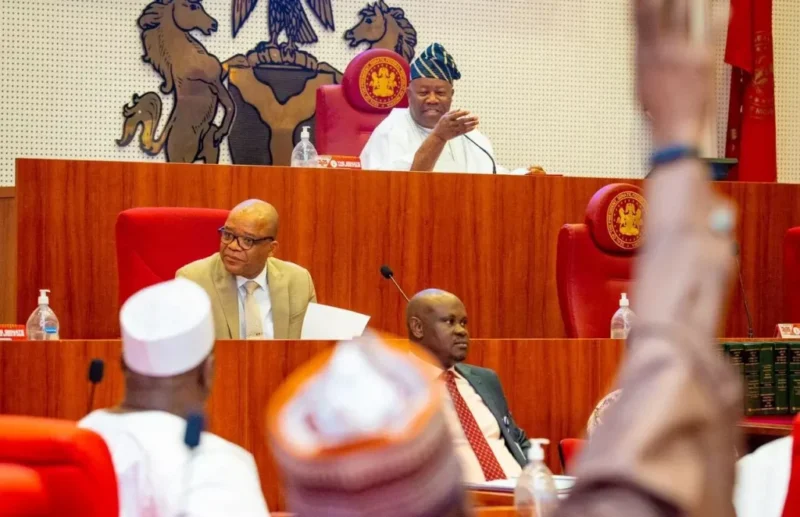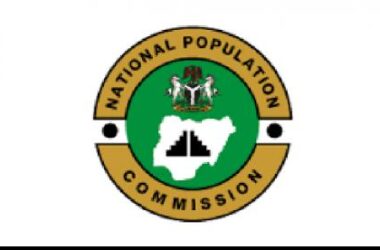The Senate and the National Council for Women Society (NCWS) have pushed for the inclusion of domestic workers in the proposed N70,000 National Minimum Wage Scheme. This proposal was made during a public hearing at the National Assembly in Abuja on a bill aiming to regulate and register domestic workers and their employers in Nigeria.
The bill, which seeks to establish an Act for the domestication and registration of domestic workers and employers, is sponsored by Senator Babangida Hussaini (APC, Jigawa North West). The Senate Committee on Employment, Labour and Productivity, chaired by Senator Diket Plang (APC, Plateau Central), organized the hearing.
Senator Osita Izunaso (APC, Imo West) led the call for the inclusion of domestic workers in the minimum wage law. He emphasized the need for the bill to ensure that domestic workers receive fair compensation, stating, “As a member of this committee, I feel strongly that part of the provisions to be included in this bill is to include the domestic workers, housemaid or servants, in the proposed N70,000 national minimum wage law.”
He argued that just as the proposed N70,000 is set to be the lowest wage for public workers, it should also apply to the least paid domestic workers. “We will put it in the bill for implementation by all employers,” he asserted.
Senator Izunaso also suggested a shift in the bill’s focus from domestication and protection to registration and protection of domestic workers and their employers, ensuring more clarity and enforceability.
Supporting this stance, Mrs. Geraldeen Etuk, the acting National President of NCWS, also advocated for domestic workers to be included in the proposed national minimum wage. She highlighted the need for fair treatment and adequate compensation for domestic workers who often face exploitation and poor working conditions.
Senator Diket Plang, the committee chairman, indicated that an agency would be established to implement the proposed law. Initially, the Ministry of Labour and Productivity will oversee the operations until the agency is fully functional.










